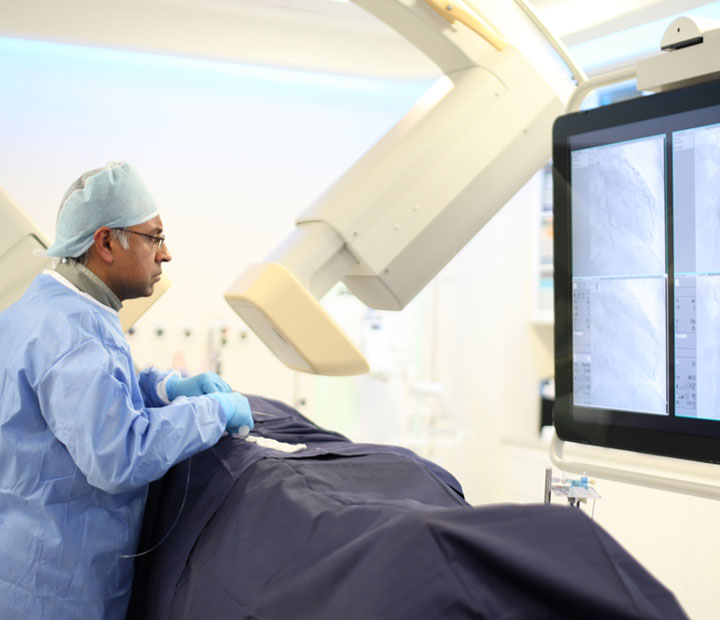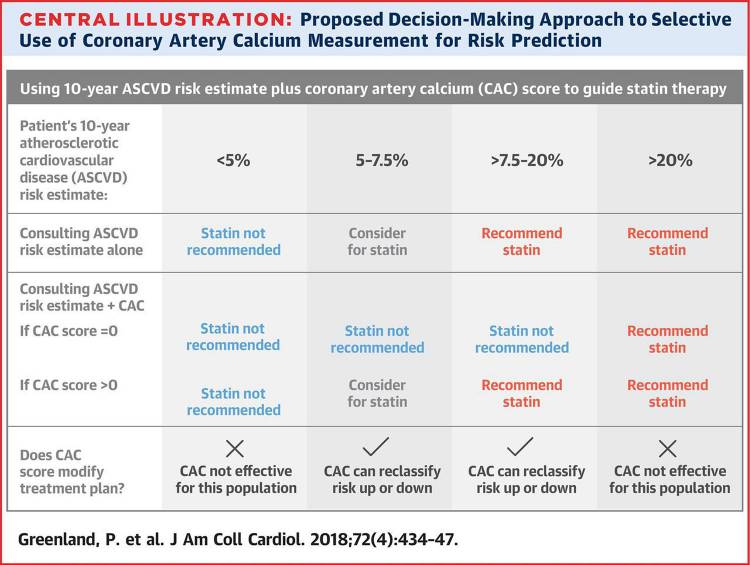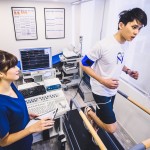VALVE REPLACEMENT AND REPAIR

Heart valves are structures within the heart that facilitate the flow of blood in one direction and prevent blood from leaking back in the opposite direction. Valve problems may occur if the valve is too narrow (stenotic) or incompetent (leaky). If severe, the valve may need to be replaced with a new valve (valve replacement surgery) or in some cases, the existing valve may be operated on and corrected without the need for a new valve (valve repair). If valve replacement surgery is required, the existing valve is changed to an artificial valve which can be made of metal, plastic, or a biologic material made from animal or cadaveric tissue. Heart valve surgery is a major operation requiring at least 1 week’s stay in hospital and 6-8 weeks to fully recover.
Frequently Asked Questions
While information online about Valve Replacement and Repair may be useful and informative, it is best to always consult a medical professional for accurate diagnosis and appropriate treatment. Here are some frequently asked questions:
What are the different types of heart valve replacement options?
Heart valve replacement options include mechanical valves, known for their durability but requiring lifelong anticoagulation, and biological valves made from animal or human tissue, typically lasting 10–20 years without long-term blood thinners. The choice depends on factors like age, lifestyle, and medical history.
When is heart valve repair preferred over replacement?
Heart valve repair is often favoured when the valve's structure is suitable for correction, preserving the patient's native tissue. This approach is commonly applied to mitral valve issues. Compared to complete valve replacement, it offers benefits such as better heart function and reduced risk of infection.
What is the typical recovery time after valve replacement surgery?
Recovery from valve replacement surgery generally spans 6 to 8 weeks. Depending on the surgical approach, hospital stays can range from a few days to a week. Engaging in cardiac rehabilitation and adhering to medical advice are crucial for a successful recovery.
How long do artificial heart valves last?
Mechanical heart valves are designed to last a lifetime but require continuous blood thinner use. Biological valves, while not necessitating long-term anticoagulation, typically have a lifespan of 10 to 20 years, after which they may need replacement.
What is the Ross procedure in heart valve surgery?
The Ross procedure involves replacing a diseased aortic valve with the patient's pulmonary valve, which is then replaced with a donor valve. This complex surgery particularly benefits younger patients, offering growth potential and eliminating the need for lifelong anticoagulation.



